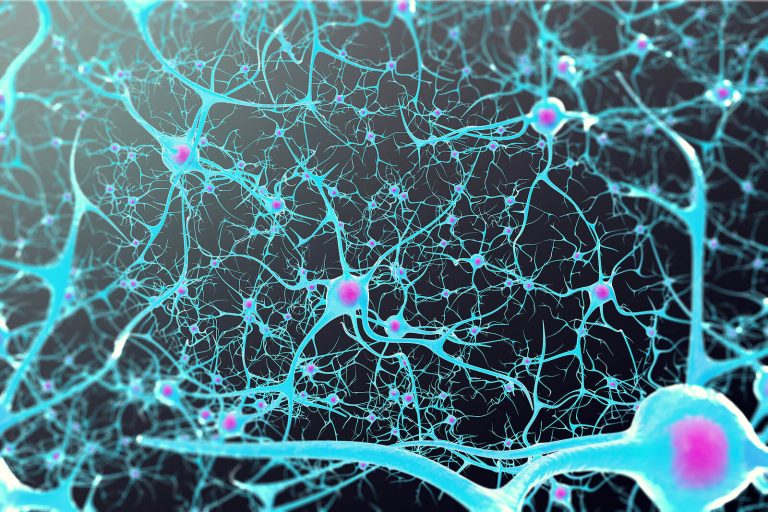Overcoming Panic Attacks

Panic attacks can be a very upsetting experience. According to the Anxiety and Depression Association of America, anxiety disorders are the most common mental illness in the United States, affecting 40 million adults. If you struggle from anxiety, you are not alone! A panic attack is a sudden and intense episode of fear or discomfort that typically lasts for a few minutes. During a panic attack, a person may experience a range of physical and emotional symptoms such as: rapid heartbeat, shortness of breath, chills, nausea, numbness in limbs, shaking, or fear of dying. Panic attacks can occur unexpectedly or can be triggered by certain situations, such as being in a crowded place, feeling trapped, or feeling overwhelmed mentally and emotionally.
While panic attacks are not physically harmful for the most part, they can be very distressing and can lead to avoidance of certain situations or a higher level of general anxiety. Panic disorder is the most common type of anxiety disorder that is characterized by recurrent panic attacks; however, panic attacks can occur with any type of anxiety or stress. While panic attacks may be scary, the good news is there are a variety of coping skills and resources that can be used to help overcome them.
- Identify and understand triggers: Panic attacks often have triggers, such as certain situations, thoughts, or physical sensations. Identifying your triggers can help you understand why you are experiencing panic attacks and help you avoid or prepare for those triggers in the future. It may be helpful to keep a journal if you have frequent panic attacks and look for patterns about what might occur before, during and after a panic attack happens.
- Practice relaxation techniques: Relaxation techniques such as deep breathing, meditation, yoga, or progressive muscle relaxation (PMR) can help calm your body and reduce the severity of panic attacks. It might be helpful to choose a relaxation technique that works for you and practice it on a regular basis, even when you are not feeling anxious or stressed. Over time, relaxation techniques can be an effective and powerful tool to help manage anxiety.
- Challenge your thoughts: Panic attacks are often accompanied by negative thoughts and beliefs, such as “I’m going to die” or “I’m going crazy.” Challenging these thoughts by examining the evidence for and against them can help you regain control and reduce the intensity of the panic attack. It can be challenging to combat negative thoughts, especially when you are in the middle of panic and anxiety. With consistent practice, you can work on challenging your thoughts and feel more in control.
- Seek support: It can be hard to ask for help, and this is normal. However, asking for help is a sign of strength and courage! Talking to a therapist, a trusted friend or family member, or a doctor can provide emotional support and help you develop coping strategies with anxiety and panic attacks.
- Take care of your physical health: Regular exercise, a healthy diet, and getting enough sleep can all help reduce the frequency and severity of panic attacks. It might be helpful to talk to a doctor, therapist or dietitian if you need additional support.
- Neurofeedback therapy: Neurofeedback is a well-researched and effective way to create changes within the brain. Overtime, you can learn to regulate your brain more effectively, which can lead to improvements in mental health. Neurofeedback is proven to be useful and helpful for anxiety.
- Consider medication: In some cases, medication prescribed by a doctor, nurse, psychiatrist can help manage the symptoms of panic attacks.
At Mountain Vista Psychology, we have a variety of experienced clinicians and resources to help you overcome panic attacks. Reach out today!
Call For a FREE Consultation
We serve the Denver Metro area of Colorado. Click the button below to call and Schedule an Initial Consultation. To Schedule Neurofeedback or Testing please call us at 720-248-8603
Recent Articles
Dispelling Neurofeedback Myths
Neurofeedback has become increasingly popular as a therapeutic tool for clients, but it remains misunderstood by many. Misconceptions about its…
Autism Testing for Adults: Why Diagnosis Still Matters
What is Autism? Autism is a neurological difference that impacts how one scales social interactions, interpersonal relationships, and experiences the…
The Intersectionality of Autism & LGBTQIA Throughout the Lifespan
If you have a child (of any age) who you think may be Autistic, has been diagnosed as Autistic, or…
Autism Diagnosis Support Guide: Interventions, Therapy, and Accommodations for All Ages
Understanding Your Diagnosis An Autism or other mental health diagnosis may be very overwhelming. Understanding a diagnosis can help lessen…





